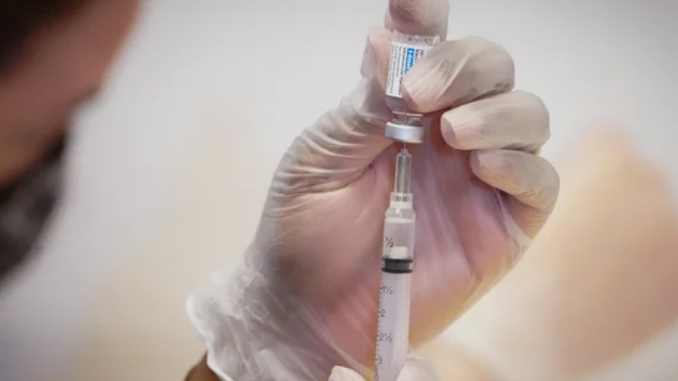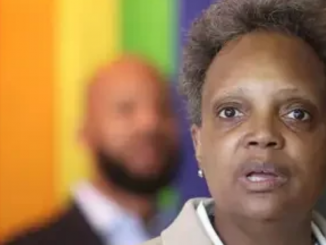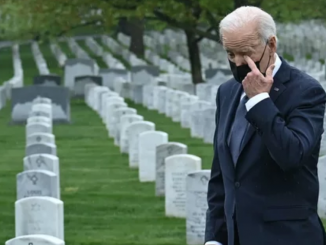
A higher-than-usual number of cases of a type of heart inflammation has been reported following COVID-19 vaccination, especially among young men following their second dose of an mRNA vaccine, the Centers for Disease Control and Prevention said Thursday.
Overall, 226 cases of myocarditis or pericarditis after vaccination in people younger than age 30 have been confirmed, Dr. Tom Shimabukuro, deputy director of the CDC’s Immunization Safety Office, said during a presentation to a Food and Drug Administration advisory group. Further investigation is needed, however, to confirm whether the vaccination was the cause of the heart problem.
Normally, fewer than 100 cases would be expected for this age group.
Teenagers and people in their early 20s accounted for more than half of the myocarditis cases reported to the CDC’s safety monitoring systems following COVID-19 vaccination, despite representing a fraction of people who have received the shots.
“We clearly have an imbalance there,” Shimabukuro said.
Risk of COVID-19 outweighs risk of heart inflammation from vaccine, doctor says
June 11, 202103:56
The vast majority of the cases were sent home following a visit to a hospital as of the end of May. It’s unclear how many patients were admitted to the hospital, or, for example, were discharged following a visit to the emergency room. Fifteen patients remain hospitalized, with three in intensive care units. Two of the patients in the ICU had other health problems.
The CDC had information on the recovery of patients in 220 cases; in more than 80% of these cases, patients got better on their own.
Following the presentation, Dr. Cody Meissner, chief of pediatric infectious diseases at the Tufts Children’s Hospital in Boston, said “it is hard to deny that there’s some event that seems to be occurring in terms of myocarditis.”
Myocarditis is condition that involves inflammation of the heart muscle. Symptoms can include fever and fatigue, as well as shortness of breath and a very specific type of chest pain. Patients tend to say their chest hurts more when they lean forward. The pain tends to abate when they lean back.
When needed, treatment may involve anti-inflammatory drugs, such as ibuprofen, and in some cases, an intravenous medication called IVIG.
Generally, children who have myocarditis will follow up with a cardiologist for about six months to make sure there are no other significant problems. Most cases are generally mild and go away on their own.
Vaccine safety experts are always on the lookout for a range of possible side effects following any new vaccine. Despite the increased number of reported myocarditis cases among young people, Shimabukuro said, no major red flags have been identified.
Still, the higher-than-normal incidence is worthy of further scrutiny. The CDC will hold a meeting of its Advisory Committee on Immunization Practices on June 18 to further look at the evidence and assess the risk of myocarditis following vaccination.
Until definitive links are made, health officials overwhelmingly recommend COVID-19 vaccinations for everyone ages 12 and older.
*story by Today


